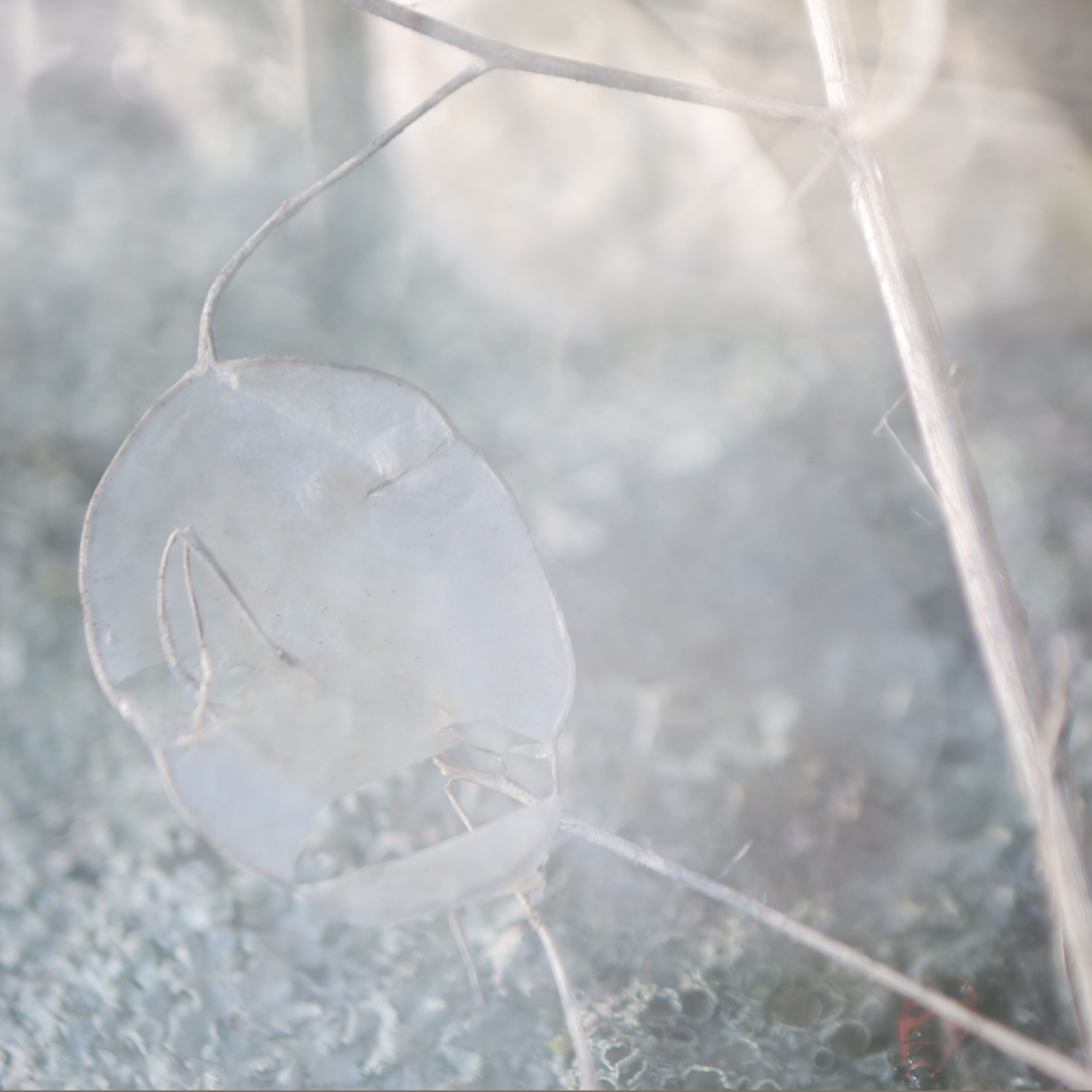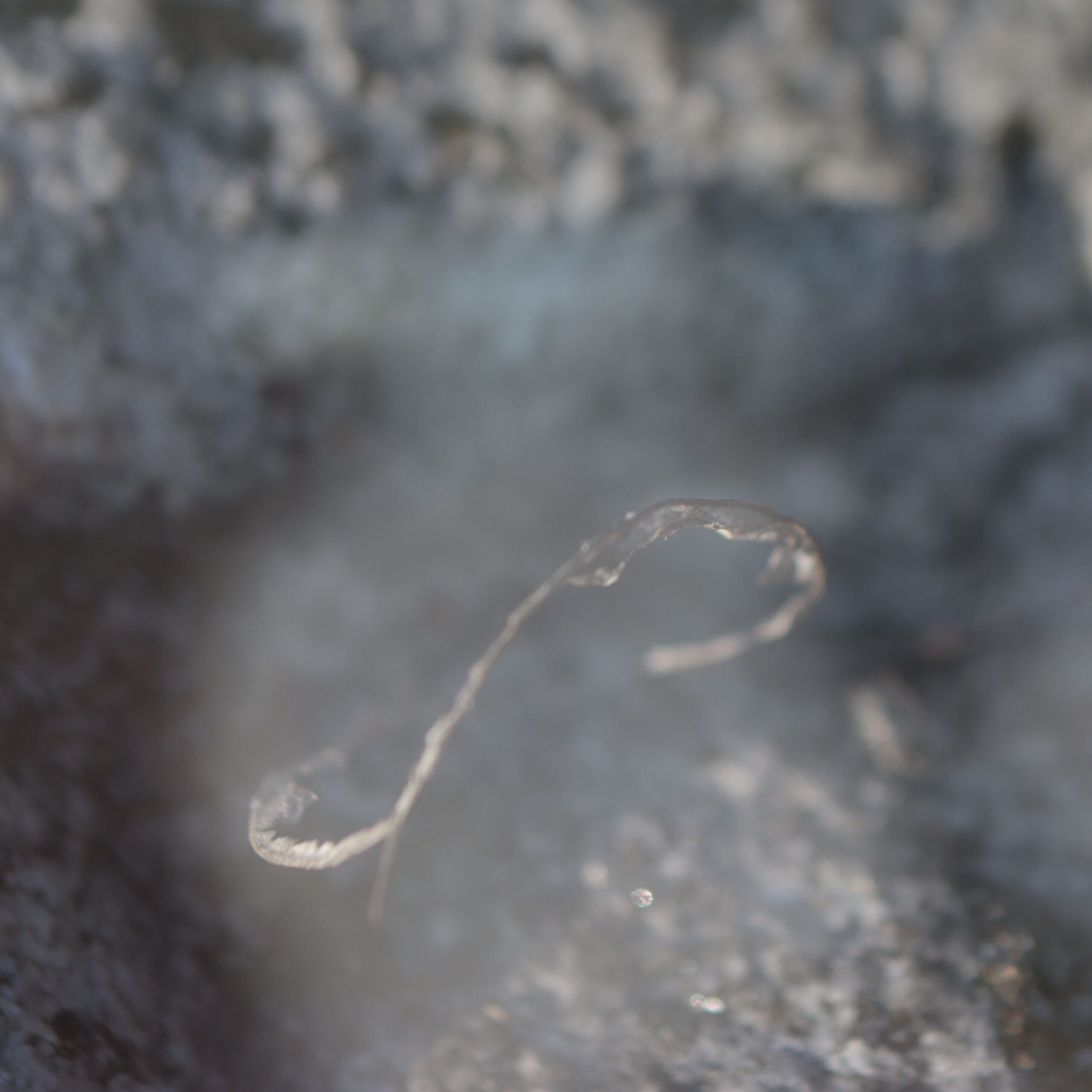What Does Wabi Sabi Mean?
Wabi Sabi is about appreciating and finding beauty in imperfection.
Historically, the term Wabi referred to coldness, barrenness, and withering, while Sabi evoked a sense of melancholy brought on by the solitude of life in nature. Over time, perhaps out of necessity, people began to find value in the simplicity of everyday things and to derive spiritual enrichment from them.
In the 16th century, the Japanese monk Sen no Rikyū elevated the Wabi tea ceremony to its peak. He favored simple and rough ceramics over precious Chinese ones, natural architectural spaces over luxurious ambiances, and essential rituals over complicated traditions. It was an invitation to appreciate simple and rough things, to find fullfillment in a modest environment.
An ephemeral Concept
Wabi Sabi is a widely recognized concept, but references to it in historical writings are rare. This is partly because its essence has been passed down through experience rather than language, and partly because it is said that if you truly understand what Wabi Sabi means, you cannot explain it. Moreover, Wabi Sabi deals with the ineffable, as we will see later, making the term itself elusive.
Wabi once denoted loneliness and melancholy but later evolved to signify an appreciation for simple, imperfect and modest objects and life. Similarly, Sabi once meant fading, aging, or rust, highlighting the beauty found in the passage of time.
Nowadays, the two concepts are actually one and in modern Japan Wabi Sabi means "wisdom in natural simplicity", while in the art world it stands for "flawed beauty".
The origins of imperfection
Flaws and imperfections come from the passage of time and the effects of weathering. Everything is inherently imperfect, and imperfections accumulate as time progresses. Rough, raw, coarse, and natural materials are therefore highly valued. Their irregularities can convey beauty—if we learn to perceive it.
opaque, gloomy, dark, warm
Imperfections remind us of the fleeting nature of all things, including ourselves. In this simple, natural, and modest world, we can find serenity in the inevitability of decay. These flaws also foster an awareness of our surroundings and the harmony of nature.

Living in the Here and Now
present, temporary, seasonal, simple
By reflecting on imperfections in objects and nature, we become acutely aware of impermanence—both external and within ourselves.
“Nothing lasts, nothing is finished and nothing is perfect” - Richard Powell
Wabi Sabi invites us to focus on the here and now, which is, in the end, all we truly have. It encourages happiness through mindfulness, urging introspection and self-awareness—marked not by narcissism, but by modesty and intimacy.
intimate, private, humble, modest, unusual, unique
The Wabi Sabi approach to reality is a multisensorial experience: observing, smelling, touching, listening and even tasting are all ways for us to perceive reality, imperfection and beauty. And imperfections activate our imagination.
The Wabi Sabi perspective embraces the transformative effects of environment and time on objects, which become visible only when we slow down and observe closely. Nature, objects and living creatures are like sponges, they absorb and release environmental influences, blending into and emerging from their environment.
The Edge of Nothingness
When the forces that shape imperfection—such as time and weather are taken to their extremes, they ultimately erode matter to the brink of nothingness. Wabi Sabi philosophy can lead to this liminal space, the fleeting moment just before dissolution, highlighting its ephemeral beauty.
intuitive, elusive, ineffable, ephemeral, nuanced, evanescent
This regression toward nothingness mirrors the universe’s dynamics, where matter gradually dissipates into space. Similarly, in homeopathy, greater dilution amplifies potency.
Paradoxically, newly created things can also embody Wabi Sabi. Consider how the wrinkles of the elderly resemble those of a newborn, or how the delicate fuzz of newly sprouted buds reflects both transience and vitality.
Colors: blacks, blues, browns, grays, rarely light tones, luminescent gems (silver and green)

Wabi Sabi is an invitation to accept our finite nature with serenity; through total dissolution we become infinite.
Wabi Sabi for photography (and art) - my takeaways
- pay attention to details, look for imperfections to find beauty and photographic interest
- deepen a personal vision by not despairing when condition aren't as expected, exploring neglected realities and stepping away from trends (in aesthetics and conveyed messages)
- project ideas: evanescence, decay, solitude,...
- know and appreciate my gear (software, camera, lenses, ...) to enhance creativity
- enjoy the artistic journey at present time
- aknolwdge imperfections in my works and appreciate them (is there any beauty in it? did I learned anything?)
